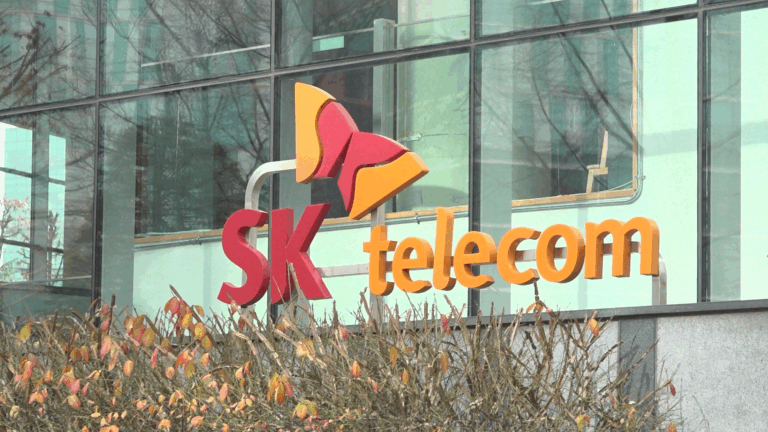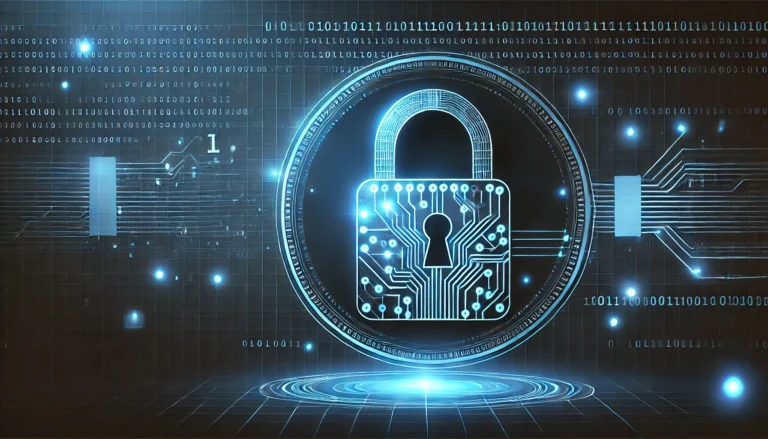Recently, South Korean society has been experiencing new social changes due to the increase in multicultural families. As the number of multicultural families continues to grow through international marriages and the influx of foreign workers, South Korea is moving away from a single-ethnic-centered identity and heading toward embracing diversity.
According to the 2023 Multicultural Population Statistics released by Statistics Korea, the number of multicultural marriages recorded 20,431 cases, an increase of 17.2% compared to the previous year, and the number of births from multicultural families was 12,150, showing a steady increase in the proportion of multicultural families among all births. While this change brings hope for South Korea to develop into an inclusive and open society, concerns are also raised that it may negatively affect the perception of unification.

For a long time, the justification for unification in South Korean society has been derived from the identity of being one Korean ethnic group. Even under the division between North and South Korea, the consciousness of being the same people has served as an important logic emphasizing the necessity of unification. However, as multicultural families increase, the ethnic-centered identity within South Korean society is gradually weakening. Especially, children raised in multicultural families grow up in an environment where they naturally accept diverse cultures and backgrounds rather than the concept of a single ethnic group, resulting in relatively weaker ethnic homogeneity. For them, unification with North Korea may not be perceived as a national task that must be accomplished. The expansion of the multicultural family population in South Korea could influence the will and justification for unification.
Of course, the increase in multicultural families does not necessarily have a negative impact on unification. Rather, the experience accumulated during the transition to a multicultural society can play a positive role in the process of North-South integration. According to a 2018 study by the Multicultural Peace Research Institute at Sungkyul University, multicultural acceptance can serve as an important mediator in unification awareness. The experience of accepting people with various backgrounds and cultures and learning to coexist with them can provide valuable lessons in the process of embracing North Korean residents. The enhancement of social capabilities to recognize and embrace each other, even with different cultural backgrounds, can act as a crucial asset in the social integration process after unification.
However, this is a positive aspect for the post-unification stage. South Korea is still in the process of pursuing unification, and even this is uncertain. The current reality is that the will and justification for unification itself are in crisis.
Therefore, South Korea must face the fact of the expanding multicultural families and prepare a separate education system aimed at raising unification awareness for multicultural families. By developing educational programs that help members of multicultural families understand the necessity and meaning of unification and contribute positively to the North-South integration process, unification awareness can be naturally formed and spread even in a multicultural society.
According to the 2024 Unification Awareness Survey by the Seoul National University Institute for Peace and Unification Studies, only 22.4% of the respondents in their 20s said that “unification is necessary,” while 47.4% answered that it is “not necessary.” This reflects the reality that the younger generation in South Korea is increasingly not perceiving unification as an essential task, and the national task of unification is not greatly appealing to a generation that has not experienced war.
Therefore, unless South Korea intends to change its goals and direction toward unification, it must contemplate and prepare measures to continuously promote the will for unification in a changing society. In particular, it is important to recognize that the transition to a multicultural society could make unification seem more distant, and to urgently find ways to help children raised in multicultural families become important assets for North-South integration.
Unification should not just be the wish of one Korean ethnic group, but the wish of all Koreans. South Korea must pursue this goal meticulously.






